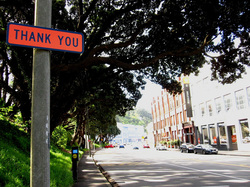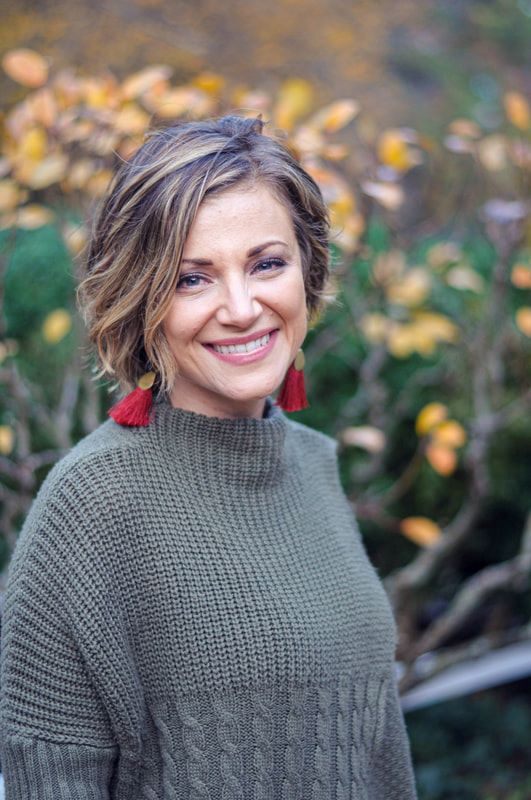
I can’t remember when I met Dr. Gayle Price, though it was likely at the pinnacle of this arrogance. I remember this: I did not like her, and she taught me more than anyone has. She was the one who suggested I consider majoring in English. She presented me with a defense for not if but when my parents countered with, “but how will you make any money?” and, “oh, so you’re going to teach?”
When I became her work study student, she looked me square in the eye and said, “I rely on you and expect you to be here. If you cannot be here, I expect you to call.” It’s embarrassing to admit this now, but that was kind of an epiphany for me. I can’t explain why, but I really didn’t know that.
When I took Advanced Composition, the only class for which she was my professor, she knocked me down. I remember screeching in, always a couple minutes late, and being subjected to her glare. She never addressed the fact that I was late. I almost wished she had. She assigned a lot of reading and infinitely more writing. She took her time giving us feedback. I remember being shocked when I received my first paper back from her. She had bled all over the margins with her neat cursive. Her hard copy commentary accompanied a cassette tape of her voice, reading through and providing thoughtful criticism. I had to listen to it in the car because that’s the only place I had a cassette player. She gave me a lower grade than anyone ever had on a paper. I was offended. I was a writer, I thought, or at least I was going to be. She told me I was lazy. She told me my talent didn’t matter unless I was willing to do the hard work; she told me talent wasn’t enough. She pissed me off. I decided she didn’t like me. I decided I didn’t like her. And then, finally, I decided maybe she was right.
Dr. Price was fair. She was generous with her time, her praise, her advice, her intellect—her gifts. One of her colleagues said of her once that, though she always had so much going on, when you finally sat down with her, she would make you feel like you were the only thing that mattered. She was fully present. Now, as a working mother who constantly feels divided no matter where I am, I have reflected on this compliment often. I can think of no higher praise.
Dr. Price taught me how to be a better editor. She taught me to help others improve their writing when I worked for her in the Writing Center. She taught me it’s okay to bring store-brought brownies to a party in a tin to make them seem homemade (she never knew she taught me that one). She taught me to avoid the comma splice and embrace the semicolon.
She taught me how to write about matters of faith and the heart without being overly sentimental. She introduced me to one of my favorite writers, Anne Lamott. And years after I had graduated, she wrote me a touching letter of recommendation that helped me get into grad school (and if we had spoken more recently, she would have urged me not to let my growing family and career keep me from finishing that degree).
I didn’t know Dr. Price had become sick until the very end. I doubt she was well enough to have read my good-bye. I regret that I did not make an effort to stay in touch. I doubt she would even have remembered me, the punk from ten years ago, now somewhat reformed. But I have cried for her and for her grown children over this last week since her passing. And I will always be grateful for all that she taught me, not the least of which was the importance of showing up.
 RSS Feed
RSS Feed


